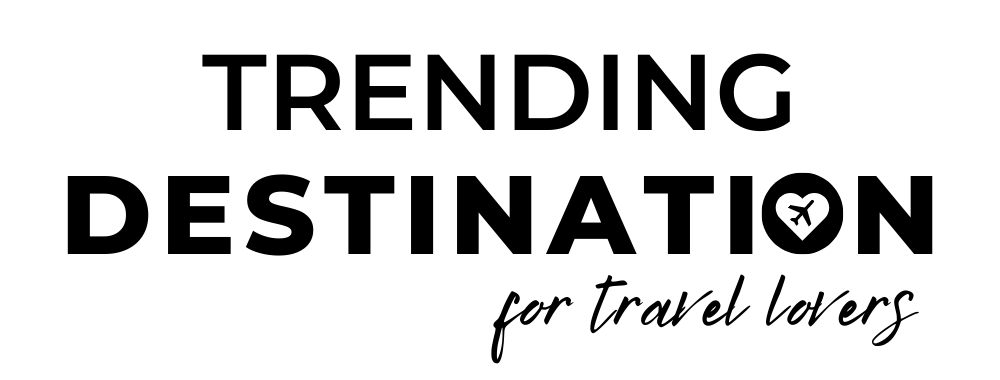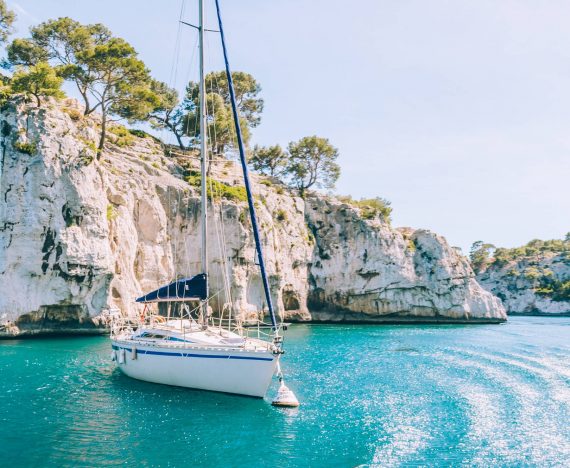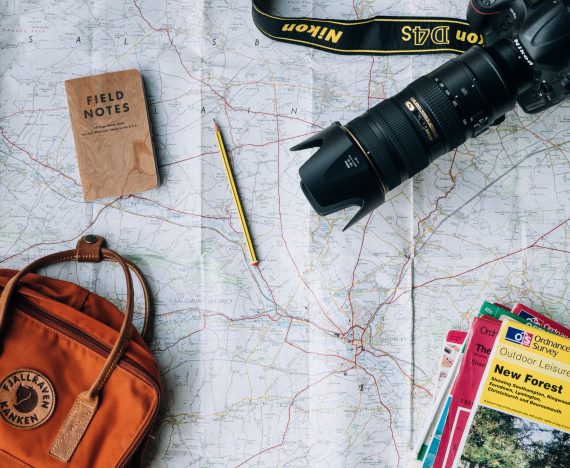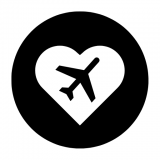Trends that defines 2021 – Leisure travel bounces back but business travel lags
People who are leisure travelers will want to get back to doing so. That has been the pattern in China. The CEO of one major travel company told us that, beginning in the third quarter of 2020, business was “pretty much back to normal” when referring to growth. But it was a different normal: domestic travel was surging, but international travel was still depressed given pandemic-related border restrictions and concerns about health and safety.
In China as a whole, hotel occupancy and the number of travelers on domestic flights were more than 90 percent of their 2019 levels at the end of August, and over the October Golden Week holiday, more than 600 million Chinese hit the road, around 80 percent of last year’s figure. Because of confidence in the country’s health and safety measures, domestic travel is almost back to the level seen prior to the pandemic, and high-end domestic travel is actually ahead of it.

By definition, leisure travel is discretionary. Business travel is less so. In 2018, business travel spending reached $1.4 trillion, which was more than 20 percent of the total spending in the hospitality and travel sector. It also brings in a disproportionate share of profits—70 percent of revenues globally for high-end hotels, for example. During and after the pandemic, though, there is a question about business travel: Exactly when is it necessary? The answer is almost certain to be not as much as before. Video calls and collaboration tools that enable remote working, for example, could replace some onsite meetings and conferences.
The larger context is also informative. History shows that, after a recession, business travel takes longer than leisure travel to bounce back. After the 2008–09 financial crisis, for example, international business travel took five years to recover, compared with two years for international leisure travel.
Regional and domestic business travel will likely rebound first; some companies and sectors will want to resume in-person sales and customer meetings as soon as they safely can. Peer pressure may also play a part: once one company gets back to face-to-face meetings, their competitors may not want to hold back. All told, however, a survey of business-travel managers found that they expect business-travel spending in 2021 will only be half that of 2019.5 While business travel will return at scale, and global economic growth will generate new demand, executives in the field think that it may never recover to the 2019 level.
In short, leisure travel is driven by the very human desire to explore and to enjoy, and that has not changed. Indeed, one of the first things people do as they grow more prosperous is to travel—first close to home and then further afield. There is no reason to believe that the rise in global prosperity will reverse itself or that human curiosity will diminish. But the effective use of technology during the pandemic—and the economic constraints that many companies will face for years after it—could augur the beginning of a long-term structural change in business travel.
Sources: The Next Normal: Business Trends for 2021 | McKinsey
Hot: 11 top Trending Travel Destinations for 2021, According to Internet Searches
According to a study by Visit Orlando, nationwide business travel is down 85% from pre-pandemic levels and is not expected to fully return until 2024. As of June, group travel in Orlando was 67% lower than levels in 2019.
Chip Rogers, who is the president and CEO of the American Hotel and Lodging Association, attended Tuesday’s meeting at the Hyatt Regency Orlando.
“Leisure travel alone cannot make our industry survive,” Rogers said. “We have to have this convention center filled. There have to be meetings, there have to be conferences.”
Rogers emphasized that the reduction in business travel can have long-term effects on a tourism-dependent state like Florida.
With the industry not expected to see a full return until 2024, the AHLA is promoting its Safe Stay Guidelines, which are designed to help hotels remain safe as meetings and events resume.
“It’s important we show the world we are a safe community to travel to and having our hotels safe is probably just as important as having our theme parks be safe,” Orlando Mayor Buddy Dyer said.
On the state level, another pressing issue is the labor shortage facing the hotel industry. The head of the Florida Restaurant and Lodging Association said the hope is that changes in unemployment will encourage a turnaround in filling open positions in the coming months.








